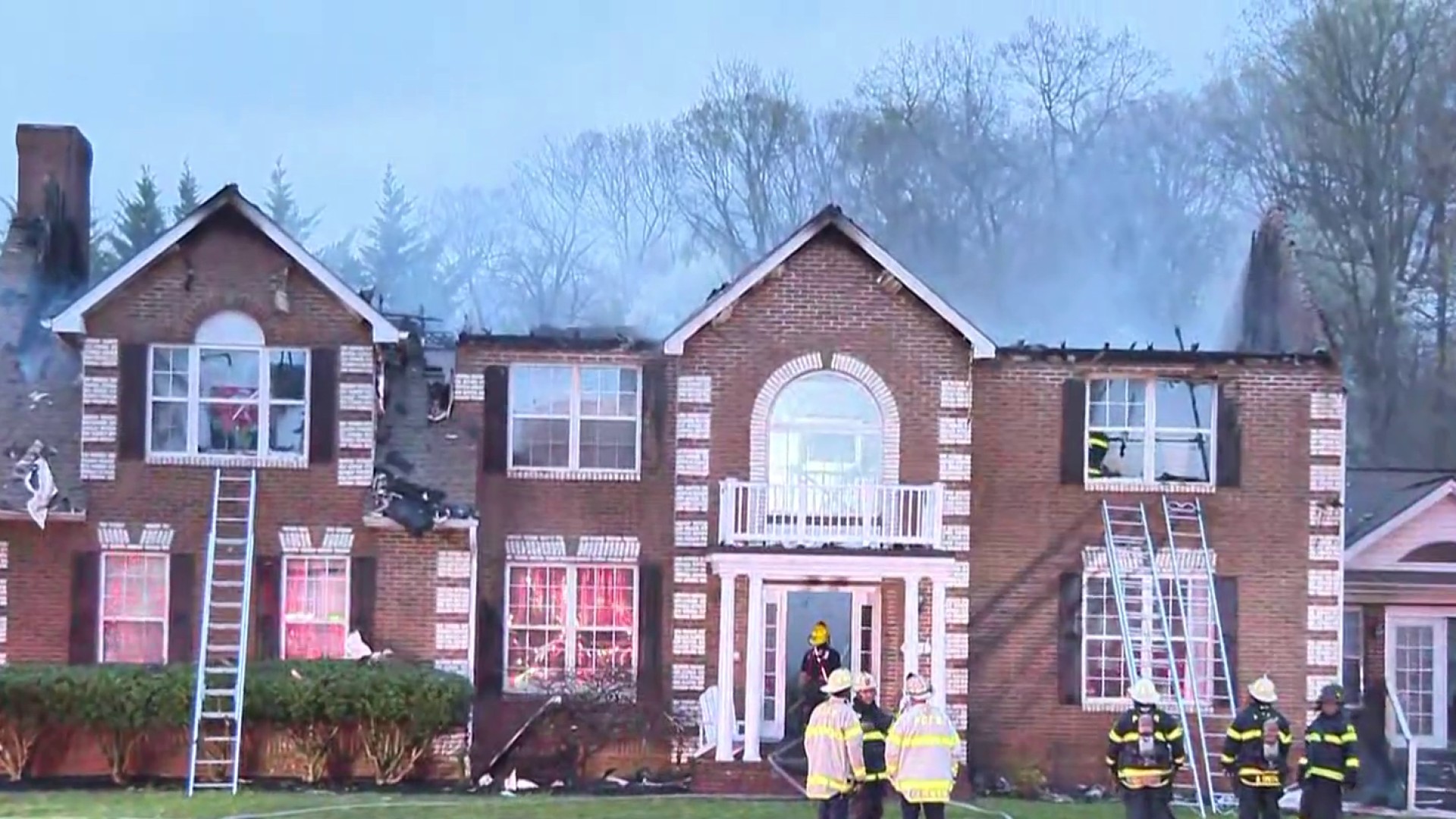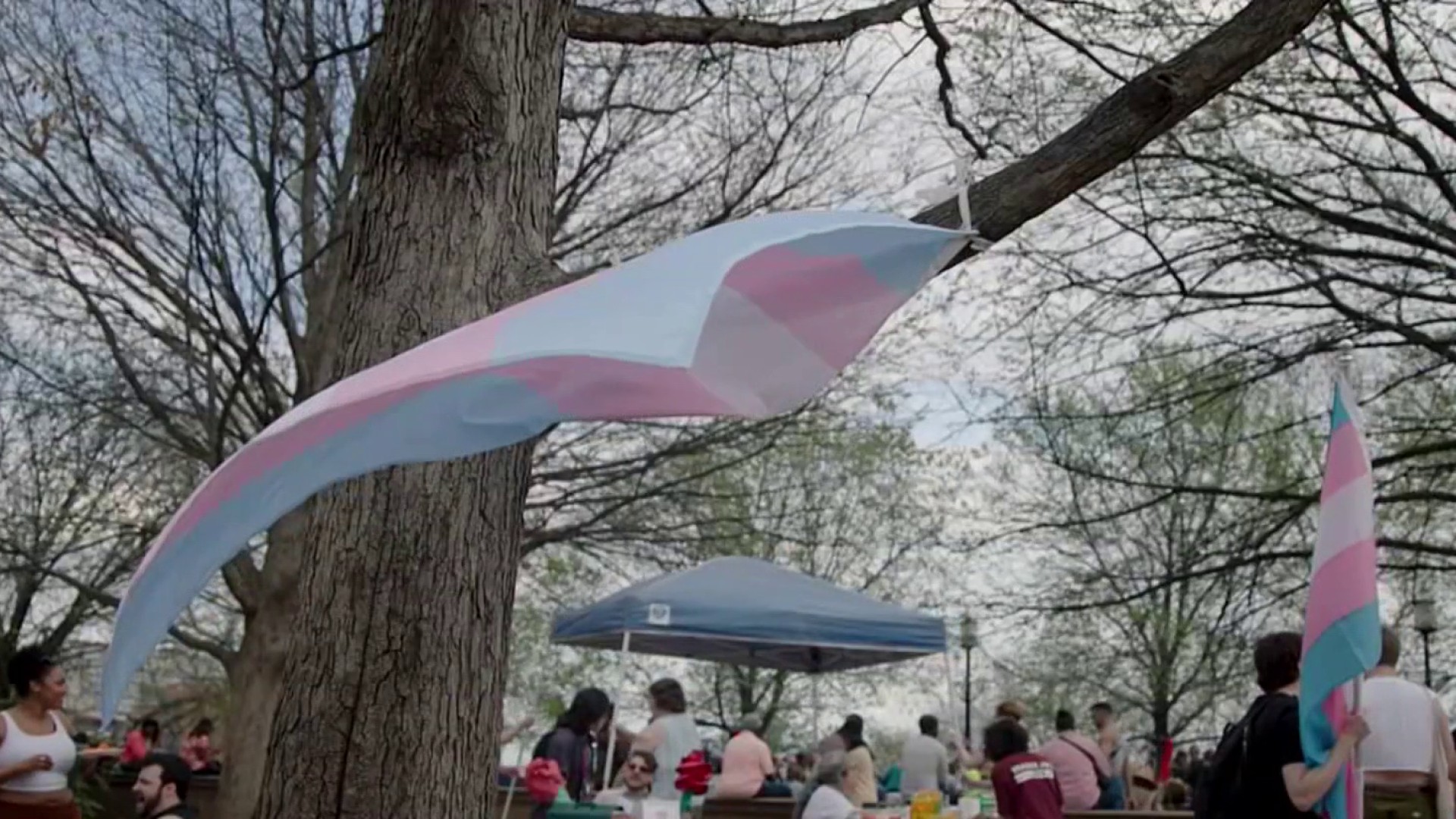President Barack Obama announced Thursday that major book publishers will provide more than $250 million in free e-books to low-income students and that he is seeking commitments from local governments and schools nationwide to provide library cards to all students.
The initiatives are tied to his ConnectEd program, a 2-year-old effort to boost educational outcomes by improving digital connectivity.
"We're going to provide millions of e-books online so that they're available for young people who maybe don't have as many books at home or don't always have access to a full stock of reading materials," Obama said Thursday.
Obama spoke to a room of middle schoolers at Anacostia Library along with students watching online in a virtual town hall sponsored by Discovery Education.
Obama told the students that how well they do in life is going to depend on whether they love reading and learning, and whether they know how to find information and use it.
The best way to do that in an Internet age, he said, is "making sure that you're plugged in."
The offer of free e-books comes as low-income households still lag far behind others in computer ownership, but White House officials said libraries and schools in poor communities are increasing access to the Internet. Macmillan, Simon & Schuster and Penguin Random House are among publishers participating in the program.
Local
Washington, D.C., Maryland and Virginia local news, events and information
Obama also appealed to library directors, local governments and school officials to work together to provide all students with a library card. The White House already has commitments from 30 cities and counties, ranging from Baltimore to San Francisco.
During a question-and-answer session with about 40 students in the room and others participating online, Obama declared his love for turning and marking up the pages of traditional books.
But, he said, "the truth of the matter is we live in a digital age." Obama said e-books are "easy to carry" and that making them available free of charge to people who don't have a lot of books or who can't afford to buy many "can even things out between poor kids and rich kids," who can afford them.
The ConnectEd program aims to make broadband Internet access available to 99 percent of American students by 2018. Already, companies such as Apple have pledged to provide $100 million worth of devices to lower-income schools, said Jeff Zients, director of the White House National Economic Council.
Obama announced the new initiatives two days after he called on the public to do "some soul searching" in the wake of recurrent deaths of black men at the hands of police and riots that have shaken minority communities, most recently in Baltimore.
"If we're serious about living up to what our country is about, then we have to consider what we can do to provide opportunities in every community, not just when they're on the front page, but every day," Zients said.
A U.S. Census Bureau study of computer and Internet use issued in November found that in 2013 nearly 84 percent of households reported owning a computer. Computer ownership dropped to 62 percent among households with incomes below $25,000.



